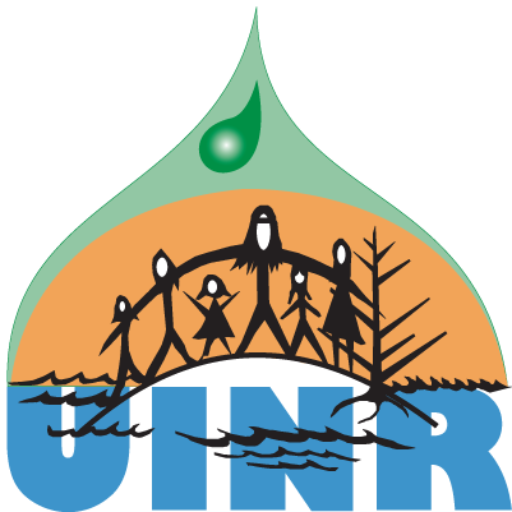CSI Cape Breton (Collaborative Salmon Initiative) is a new organization that was endorsed in Wagmatcook at a two-day workshop on Atlantic Salmon in Unama’ki/Cape Breton. Representatives from First Nations, government, conservation groups, scientists, academics, and recreational fishers met at “Dialogue on Plamu/Atlantic Salmon in Cape Breton.” The intensive workshop focused on many of the issues facing the Atlantic Salmon and brought together a broad-based group of people concerned with the status and future of Atlantic Salmon in Unama’ki.
 “I am thrilled with the level of interest and concern for Cape Breton salmon,” says Charlie Dennis, Executive Director of Unama’ki Institute of Natural Resources (UINR). “We have taken the first steps to make sure that salmon will continue to be an important part of our culture. A management plan developed with the help of the communities will be our priority.”
“I am thrilled with the level of interest and concern for Cape Breton salmon,” says Charlie Dennis, Executive Director of Unama’ki Institute of Natural Resources (UINR). “We have taken the first steps to make sure that salmon will continue to be an important part of our culture. A management plan developed with the help of the communities will be our priority.”
John Hart, President of the Margaree Salmon Association, endorses UINR to take the organization forward. “Charlie’s leadership combined with the will of communities across Unama’ki will maintain and improve salmon stocks for the future. The workshop showed a great consensus of spirit. Whether our ancestors have been here for 10 years or 10,000 years, whether we fish to fill our bellies or fish to fill our hearts, we all share common thoughts, bonds and concerns. We are all concerned for the salmon.”
Lewis Hinks, Regional Director for the Nova Scotia Atlantic Salmon Federation, is “hopeful that the workshop will lead to greater cooperation among all the groups that benefit from Cape Breton salmon. This can only benefit this magnificent animal over the long term.”
Mi’kmaq elder Albert Marshall feels that both the initiative and the salmon can benefit from traditional knowledge. “Combining Traditional Ecological Knowledge (TEK) with modern science could provide a bright future for the generations to come.”
The Atlantic Salmon [Plamu] holds a position of significance in the history and culture of both First Nations and Non-First Nations people. Historically, the salmon was a food source for both Mi’kmaq and European settlers. In modern times, Atlantic Salmon has developed an economic significance beyond its use for food, first through a commercial fishery, and most recently through the development of a recreational sport fishery on a number of Cape Breton rivers.
People from First Nations and Non-First Nations communities across Cape Breton/Unama’ki have expressed concern regarding the state of the Atlantic Salmon/Plamu stock in this region. Scientific and anecdotal reports indicate Atlantic Salmon/Plamu populations are in decline and/or not recovering to historic levels. Given that healthy Atlantic Salmon/Plamu populations are of vital importance to all communities and cultures of Cape Breton/Unama’ki, First Nations and Non-First Nations user groups intend to–in cooperation with appropriate provincial and federal agencies–develop a plan to revitalize and rebuild the Atlantic Salmon/Plamu stock for the benefit of current and future generations.
We are currently reviewing the report from the workshops and are preparing it for distribution to the conference participants. It will also be available for download from our website www.uinr.ca. If you are interested in what is happening with this resource you won’t want to miss the proceedings!
